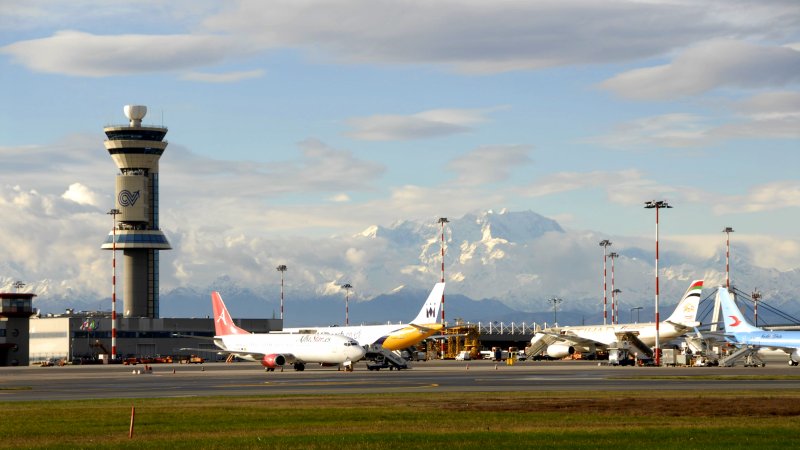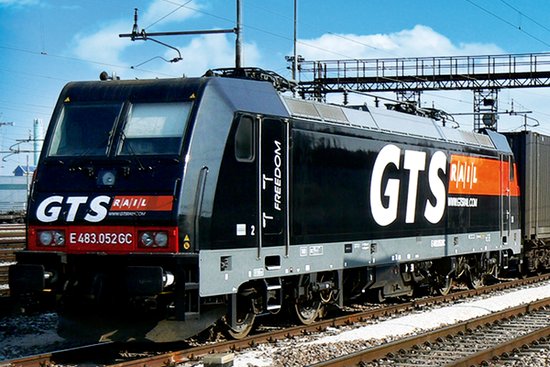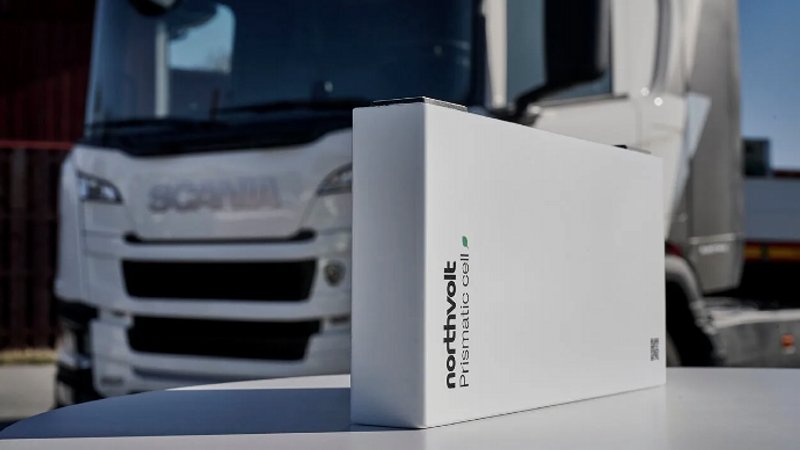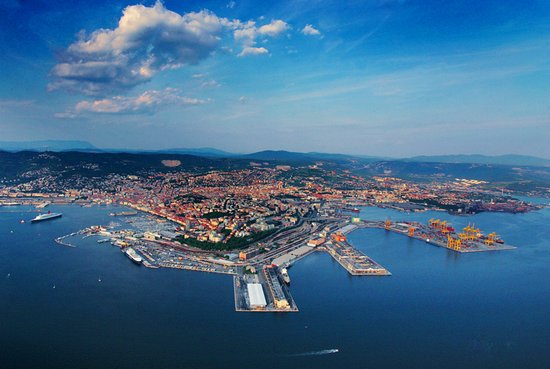On 6 February 2025, the Danish government unveiled its maritime security strategy, addressing the primary threats in Northern Europe, notably the ghost ships linked to Russia’s fleet. The programme, which will remain in force until 2028, aims to restore international navigation rules through international cooperation and support for shipping companies operating legally. The government explained that the new plan replaces previous guidelines, which were almost exclusively focused on combating piracy, by adopting a more comprehensive approach to maritime security. The objective is to eliminate threats faced by fleets worldwide. As stated by the Minister of Defence, this initiative has become necessary due to the political instability primarily triggered by Russia’s invasion of Ukraine and the increasing number of illegal maritime practices occurring globally, particularly in the Baltic Sea, where shadow fleets operate to circumvent sanctions against Russia.
Over the past year, Denmark has already taken steps to curb the phenomenon. This time, the government has worked in collaboration with the Danish Maritime Authority, which has announced enhanced monitoring of ghost ships, especially tankers, to ensure compliance with maritime safety regulations, environmental protection measures, and the safeguarding of seafarers. Shadow tankers transport Russian crude oil subject to sanctions and often operate without insurance, disregard seafarers' working conditions, and fail to meet international safety standards, exposing Europe to potential accidents and environmental disasters.
Although no major incidents have been recorded so far, in March 2024, the shadow tanker Andromeda Star, sailing under the Panamanian flag, was involved in a collision off the coast of Denmark. Its officers later submitted falsified documents to the authorities. More recently, other shadow ships have been detained in Finland, Norway, and Sweden on charges of damaging underwater pipelines by sailing with their anchors lowered, effectively engaging in a form of hybrid warfare against Europe on behalf of Russia.
According to the rating agency S&P Global Market Intelligence, around 1,000 Russian vessels are currently subject to sanctions, with 800 operating without insurance. Despite existing bans, nearly 200 ghost tankers are reportedly still active in the Baltic Sea. The Danish programme seeks to implement joint actions, traffic monitoring, intensified document inspections, increased patrols near critical underwater infrastructure, and the detention of non-compliant or substandard vessels.
Additionally, a new tracking programme has been announced in collaboration with the United Kingdom, aimed at identifying and cataloguing all suspicious maritime activities in northern waters. The protocol, known as the Joint Expeditionary Force (JEF), represents a fully-fledged international military collaboration that enables real-time tracking of ghost ship movements and the transmission of alerts on potential threats to all NATO partners involved, with Denmark playing a key role.
The launch of these new initiatives was accompanied by a joint statement from the heads of state or government of Denmark, Estonia, Finland, Germany, Latvia, Lithuania, Poland, and Sweden: "Russia’s use of the so-called shadow fleet represents a particular threat to maritime and environmental security in the Baltic Sea region and globally. This reprehensible practice also endangers the integrity of underwater infrastructure, increases the risks associated with chemical munitions dumped at sea, and significantly contributes to financing Russia’s illegal war of aggression against Ukraine."
Marco Martinelli





































































